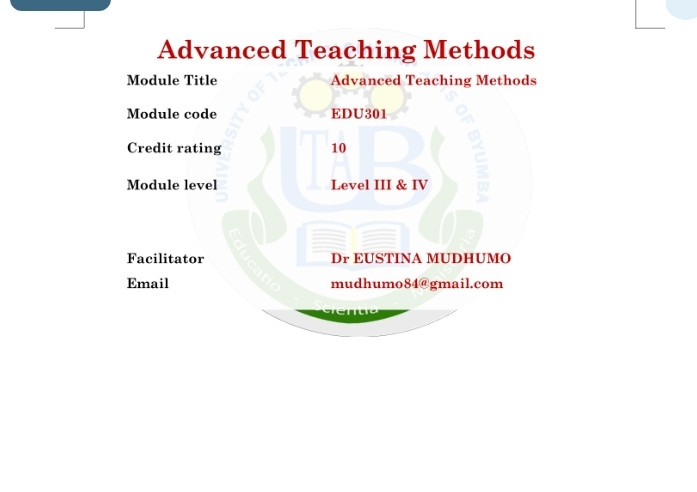
Advanced teaching methods of Geography are designed to make the learning of geographical concepts more practical, interactive, and learner-centered. These methods move beyond traditional lecture-based teaching by emphasizing active participation, inquiry, and the application of knowledge to real-world contexts. In the modern classroom, Geography teaching integrates approaches such as fieldwork, project-based learning, geographic information systems (GIS), remote sensing, problem-based learning, and collaborative research. These methods encourage students to explore and analyze spatial patterns, environmental challenges, and human-environment interactions. Through such approaches, learners gain a deeper understanding of geographical processes and develop the skills needed to interpret maps, analyze data, and draw meaningful conclusions.
Furthermore, advanced teaching methods focus on developing critical thinking, creativity, and technological literacy among students. By engaging learners in group discussions, case studies, and community-based projects, teachers help them relate theoretical knowledge to local and global issues such as climate change, urbanization, and resource management. Technology plays a major role in this process, as tools like GIS and digital mapping enhance visualization and spatial analysis. In addition, these methods promote collaboration and problem-solving, preparing learners to become informed citizens capable of addressing contemporary geographical challenges. Overall, advanced teaching methods in Geography empower students to connect academic learning with real-life applications, fostering a deeper appreciation of the world and its complex systems.
- Teacher: EUSTINA Dr. MUDHUMO
- Teacher: Alphonse NTEZIYAREMYE
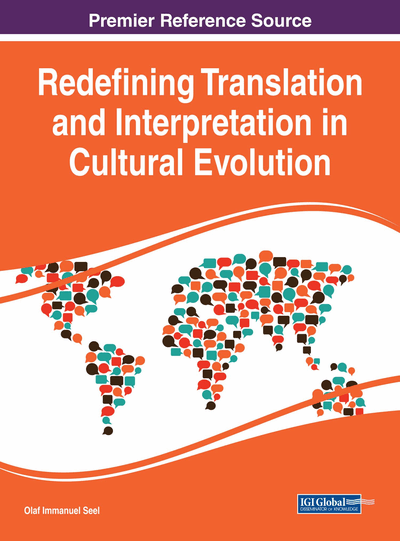
This module aims at introducing to students basic techniques for translating simple and non-technical texts.
It discuses various topics namely the definition and nature of translation, kinds of texts, types of translation (literal, oblique, cultural, etc.) /Types of interpreting, principles and techniques of translation, source and target languages, word vs Message vs Meaning, translation and interpreting contrasted , translation techniques, procedures and methods; and cultural aspects in translation
- Teacher: Theoneste DUSABEMUNGU
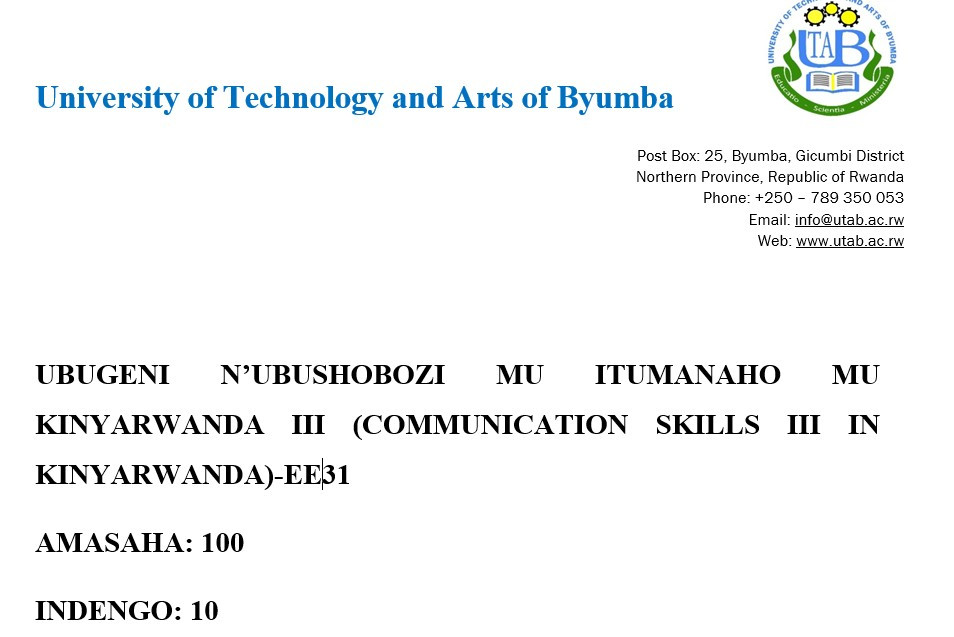
- Teacher: Emilien BISAMAZA
- Teacher: KWIZERA INNOCENT
- Teacher: Sylvestre NGARAMBE
- Teacher: Alphonse NTEZIYAREMYE
- Teacher: Francois Xavier SIBOMANA
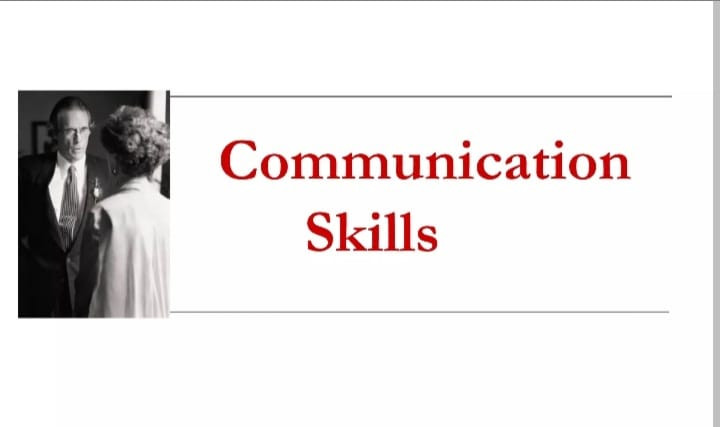
The module entitled “Communication skills III in English ”administered by the Faculty of EDUCATION, is designed for students of Level III, Options of English-French.
Brief description of aims and content
This module aims at enabling you to communicate effectively in both written and spoken English. You will develop your writing skills where you will be able to write essays after doing some research, to develop reading and note taking skills and critical reading, to make presentation and to develop listening skills.
Learning Outcomes:
Knowledge and Understanding
Having successfully completed the module, you should be able to demonstrate knowledge and understanding of:
i. Essential techniques for doing library research and writing an essay
ii. ii. Reading and listening techniques
iii. iii. Elements of business communication
Cognitive/Intellectual skills/Application of Knowledge
Having successfully completed the module, you should be able to:
iv. Use a number of techniques and write a long essay
v. Listen to advanced materials
vi. Critically analyse written materials
vii. Conduct a meeting
viii. Effectively use email in business
Communication/ICT/Numeracy/Analytic Techniques/Practical Skills
Having successfully completed the module, you should be able to:
ix. Discuss various issues in relation with communication
General transferable skills
Having successfully completed the module, you should be able to:
x. Analyse communicational problems within an institution and give advice for improvement
Content /Topics Covered:
- Reading strategies and note taking
- Critical reading
- Academic writing conventions
- Strategies for writing different types of essay
- Listening practices
- Business communication
- Conducting a meeting
- Using e-mail effectively in business
10. Learning and Teaching Strategy
- Lectures
- Individual and group works
- Reading in library and at home
- Debates, presentations
- Answering students’ questions (either in the office or class)
- Blended learning
11. Assessment Strategy
There will be continuous assessment in various ways: periodical written and oral tests basing on the various objectives and at the end there will be a final written examination covering the whole content.
12. Assessment Pattern
Component Weighting (%) Learning objectives covered
Continuous assessment 60% i-viii
Final assessment 40% i-vi, viii
13. Strategy for feedback and student support during module
Feedback will be given to students as soon as possible after evaluation. For oral tests feedback will be given immediately after presentations or debate: students will be involved in giving feedback to their colleagues. Written assignments will be marked and returned to students with as many comments as possible.
Concerning support to students they will be informed of the availability of lecturers to provide any support to students outside the class. But students will be mainly encouraged to work in groups.
4. Indicative Resources
- Clouse, F. B. (2006). Patterns for a purpose. New York: McGraw-Hill
- Guffey, M. E. (2010). Essentials of business communication. 8th Ed. Mason: Cengage Learning
- Seyler, D. U. (2005). Read, reason, write. New York: McGraw-Hill
- Mimon, E.P., Peritz, J.H. & Yancey, K. B. (2007). A writer’s resource. New York: McGraw- Hill
- Teacher: Daniel HABIYAMBERE
- Teacher: Eustache HAGENIMANA
- Teacher: CLEMENT MAHORO
- Teacher: Vedaste NTAGWABIRA
- Teacher: Emmanuel SIMPARINKA
- Teacher: Jean Paul Umuganwa Nyangabo
- Teacher: Prudent UWIZEYE
- Teacher: Venant DR. NTAGARA
- Teacher: Daniel HABIYAMBERE
- Teacher: Eustache HAGENIMANA
- Teacher: KWIZERA INNOCENT
- Teacher: Evangeline IRAKOZE
- Teacher: Anastase MVUYEKURE
- Teacher: Daniel NDAHIMANA
- Teacher: Sylvestre NGARAMBE
- Teacher: Francois Xavier SIBOMANA
- Teacher: Alphonsine Sr NZABAKIRANA
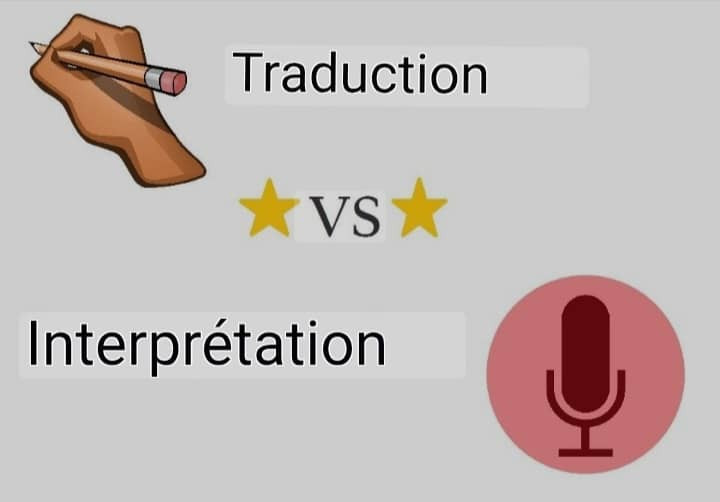
The module entitled “General Translation”, Code: 30410 administered by the Faculty of EDUCATION, is designed for students of Level III, Options of English-Kiswahili.
1. Brief description of aims and content
This module aims at introducing to students basic techniques for translating simple and non technical texts.
2. Learning Outcomes
Knowledge and Understanding
Having successfully completed the module, students should be able to demonstrate knowledge and understanding of:
i. The importance of translation in the modern world
ii. Principles and techniques of translation
iii. Distinctive and similar features of English and French
Cognitive/Intellectual skills/Application of Knowledge
Having successfully completed the module, students should be able to:
iv. Translate various non-technical texts from French into English and vice versa
v. Analyze various translated texts focusing on translation techniques used from the source language to the target language.
Communication/ICT/Numeracy/Analytic Techniques/Practical Skills
Having successfully completed the module, students should be able to:
vi. Use online dictionaries, glossaries, term banks, translation engines
General transferable skills
Having successfully completed the module, students should be able to:
Translate non-technical texts in the class and outside the class such as newspaper articles, editorials, reports, summaries, etc.
3. Indicative Content
• Meaning and Definition of Translation (I)
• Kinds of Texts (II)
• Nature of Translation (III)
• Types of Translation/Interpretation (IV)
• Principles and Techniques of Translation (V)
• Methods of Translation (VI)
• Source and Target Languages (VII)
• Word vs. Message vs. Meaning (VIII)
• Problems of Translation (IX)
• Degrees of Acceptability in Translation/Interpreting (X)
• Translation and Interpreting Contrasted (XI)
• Cognates (XII)
• Finding and Using Internet Resources for Translation (XIII)
• Practical Translation Exercises (integrating all topics)
4. Learning and Teaching Strategy
Handouts and other reading materials related to topics in the indicative content will behanded over to students well in advance so as to ensure a better understanding and arouse their curiosity to ask questions during the lecture in class.
- Group work will also be encouraged as a translation needs efforts of more than one person.
5. Assessment Strategy
The in-course assessment strategy tasks include:
-Identification of various kinds of texts (with less difficulty) to be translated (such as newspaper articles, editorials, novels, fairy tales, speeches, lectures, proverbs, etc.) from/into English, French, Kinyarwanda and Kiswahili applying various translations devices (Borrowing, Calques, Literal translation, Transposition, Modulation, Equivalence, Adaptation, etc.)
- Translation
- Using various internet resources to carry out individual and group assignment
6. Strategy for feedback and student support during module
There will be time for further explanation to students at individual basis. So, consultation hours will be arranged. All in-course assessment and assignment copies will be returned to students while the module is still running and the lecturer will correct them in class. The lecturer will provide required support when expressed by the students.
7. Indicative Resources
CORE TEXTS
1.Singhuja(2021)Translation Theory and Practice. Directorate of Distance and Continuing Education Tirunelveli-627 012,Tamilnadu:Manonmaniam Sundaranar University.
2.Imami et al(2021) Linguistic and Cultural Problems in Translation. Atlantis Press
3.Puchala(2011) Text typology and its significance in translation. Seria filologiczna zeszyt 69/2011 studia anglica resoviensia
4.Ballad, M. (2005) La Traduction de l’Anglais au Français. 2ème édition. Armand Colin
5.Venuti, L. (2007) The Translation Studies Reader. 2
nd edition. Routledge. New York &London
6.Savor T.Y.,(1957) The art of Translation, London, Cape Publishing house
Hervey Sandor and Higgins Ian ( 1992), Thinking Translation. A course in translation
methods.
8.ONLINE RESSOURCES:
https://www.intertranslations.co.uk/what-are-the-main-techniques-of-translation/
https://www.kent.edu/mcls/translation-ma/blog/target-language-in-translation
https://aclanthology.org/P10-1146.pdf
https://www.ceeol.com/search/article-detail?id=824344
https://warwick.ac.uk/fac/arts/english/currentstudents/postgraduate/masters/translationstudies/cl938/translation_and_text_types.ppt
https://osou.ac.in/eresources/CIT-01-Unit-01-Meaning,%20Nature%20and%20Scope%20of%20Translation.pdf
http://qutranslation.weebly.com/principles-of-translation.html
https://www.intertranslations.co.uk/what-are-the-main-techniques-of-translation/
https://www.researchgate.net/figure/Degrees-of-acceptability-of-the-translation-strategies_fig2_374290464
https://www.diplomacy.edu/topics/translation-and-interpretation/
https://www.colorincolorado.org/article/using-cognates-develop-comprehension-english#:~:text=Cognates%20are%20words%20in%20two,a%20related%20word%20in%20Spanish.
http://www.intralinea.org/specials/article/electronic_tools_and_resources_for_translating_and_writing_in_the_digital
9. ONLINE DICTIONARY SERVICES
Eurodicautom at europa.eu.int/comm./sdt/edic is a very useful service. Eurodicautom handles European languages such as French, English, Spanish, Portuguese, German, Italian, Danish and Dutch. It includes many specialized dictionaries in non-technical, legal and technical areas.
Terms are both translated and defined.
Online Dictionaries (Bucknell) at bucknell.ed/rbeard/diction.html covers a far greater range of languages than the above entry. It provides links to dictionaries and translations in many specializations.
Parderborn at math-www.uni-paderborn.de/HTML/Dictionaries.html provides a list of dictionaries and links to vast numbers of specialized/multilingual dictionaries
- Teacher: CLEMENT MAHORO
- Teacher: Albert NSHIMIYIMANA
- Teacher: Vedaste NTAGWABIRA
